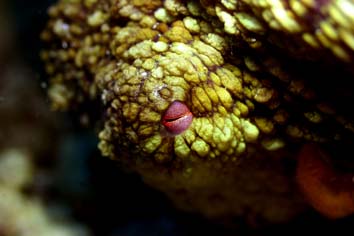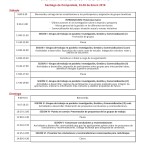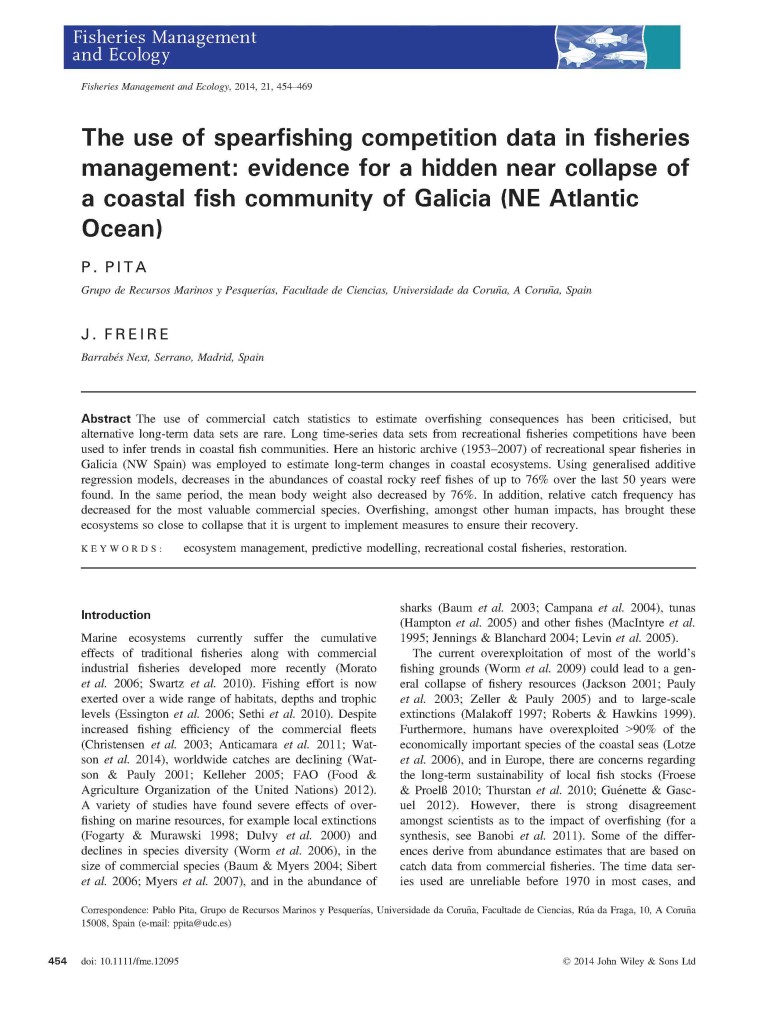Al foro del pulpo organizado por el proyecto GAP y WWF en Santiago de Compostela el 24 y el 25 del pasado mes de enero asistieron 70 expertos de Galicia, Asturias y el Norte de Portugal. La prensa escrita cubrió el evento de manera amplia: 32 noticias en 24 periódicos y revistas de Galicia y Asturias. Además, nueve medios audiovisuales nacionales lo difundieron en noticias e informativos. Así difundió la noticia El correo Gallego el domingo 25:
Las conclusiones y recomendaciones provisionales de los expertos (se ha abierto un período de incorporación de modificaciones), incluidas en tres ámbitos (investigación, gestión y comercialización) pueden ser consultadas en el enlace.







